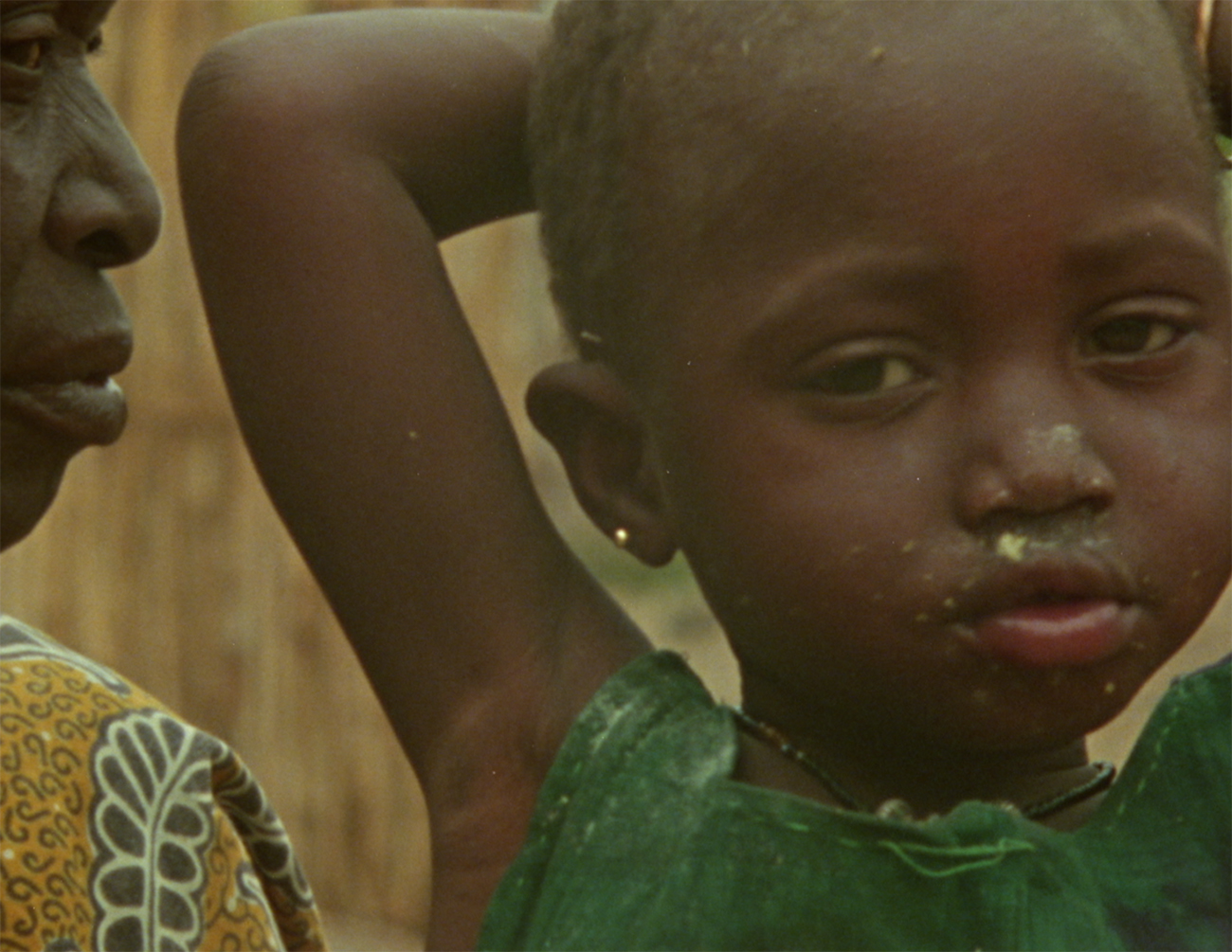Reassemblage: From the Firelight to the Screen
Introduced by Trinh T. Minhha
Courtisane is een platform voor film en audiovisuele kunsten. In de vorm van een jaarlijks festival, filmvertoningen, gesprekken en publicaties onderzoeken we de relaties tussen beeld en wereld, esthetiek en politiek, experiment en engagement.
Courtisane is a platform for film and audiovisual arts. Through a yearly festival, film screenings, talks and publications, we research the relations between image and world, aesthetics and politics, experiment and engagement.
Introduced by Trinh T. Minhha

Reassemblage is de eerste 16mm film van Trinh T. Minh-ha, gemaakt na een verblijf van drie jaar (1977-80) in Senegal, waar ze muziek doceerde aan het Institut National des Arts in Dakar. Het was tijdens dit verblijf dat ze zich bewust was geworden van de hegemonie van het antropologische discours in elke poging van zowel lokale buitenstaanders als ingewijden om de geobserveerde cultuur te identificeren en te capteren. Deze film is een antwoord op de urgentie die ze voelde om het antropologische apparaat, zijn essentialiserende constructies en koloniale ethos, in vraag te stellen. Dit impliceerde ook een bevraging van haar eigen positie als “hybride insider”, als iemand die een zekere ervaring van het kolonialisme deelt maar tegelijk niet minder geldt als buitenstaander dan om het even welke Europeaan. Bovenal is de film een respons op een verlangen om “niet simpelweg te betekenen”, om de Senegalese cultuur te benaderen zonder het te verpakken in reductieve betekenisconstructies. Trinh ondermijnt de conventies van cinematografische representatie door te spelen met herhaling, niet-synchroon geluid en onstabiel camerawerk die de temporele en ruimtelijke continuïteit verstoren en de kijkers/luisteraars uitnodigen om zich een eigen verhouding aan te meten tot de wereld die op het scherm verschijnt.
“My approach is one which avoids any sureness of signification. In most anthropological presentations, the establishing of connections between signs and the deciphering of cultural codes is flattened out by the voice of knowledge, the voice of factual truth. This is reflected, in films, in the omniscience of the cinematography and the editing as well as the commentary and/ or the “talkinghead” strategy. The strategies of Reassemblage question the anthropological knowledge of the “other,” the way anthropologists look at and present foreign cultures through media, here film... The critical work in Reassemblage [...] is not simply aimed at the anthropologist, but also at the missionary, the Peace Corps volunteer, the tourist, and last but not least at myself as onlooker.”
English spoken